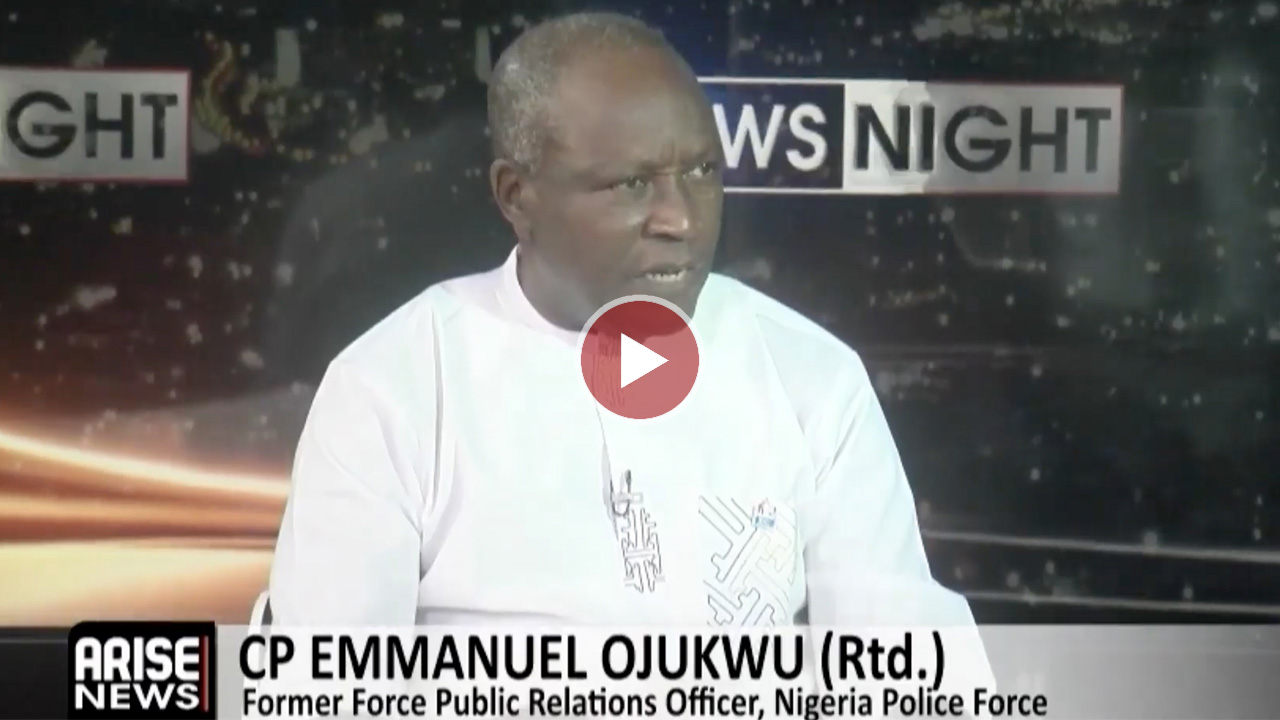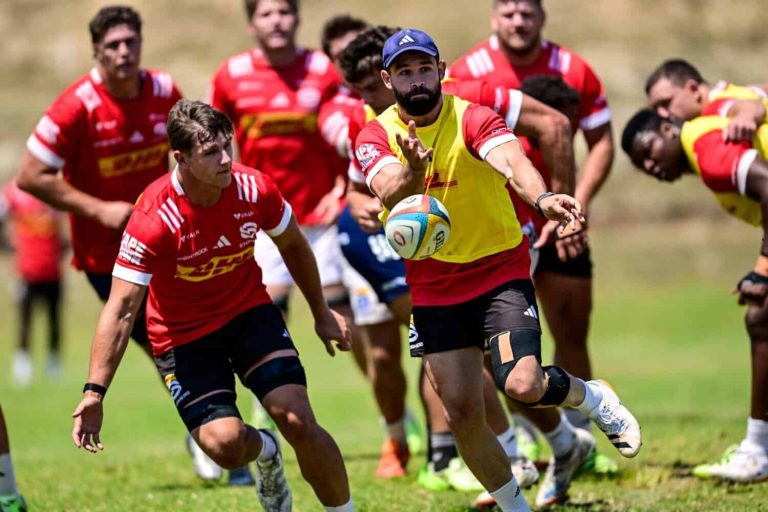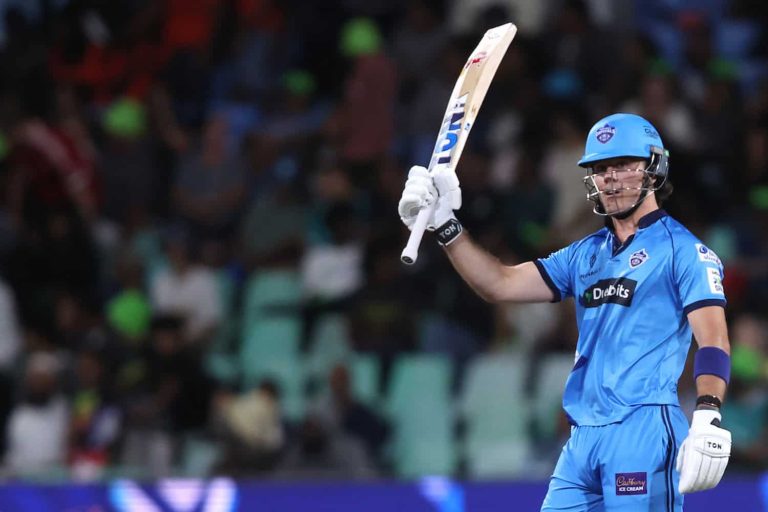
Former Force Public Relations Officer of the Nigeria Police, CP Emmanuel Ojukwu (Rtd.), has welcomed President Bola Tinubu’s directive withdrawing police officers attached to VIPs, saying it is the first real attempt in years to return police personnel to core policing for the benefit of ordinary Nigerians.
Speaking in an interview on ARISE News on Thursday, Ojukwu said the policy direction was long overdue, but stressed that an audit was urgently required to determine the true number of officers deployed to individuals.
“I’m not privy to what the IGP said about the actual number of policemen,” he said, when asked about the Inspector-General of Police’s disclosure that 11,566 officers had been withdrawn from VIPs.
“The figure could be a lot more than that, could be less, but I know there has to be an audit to know the actual figure.”
He explained that several formations assign police personnel to individuals, making an accurate count impossible without proper verification.
“There are many formations within the police that do assign policemen and women to private individuals… the special protection unit, the force headquarters, missions, area commands, and commands. So there has to be an audit to get the figure.”
Ojukwu said the implementation of the presidential directive would take time, but described it as a positive turning point.
“This directive has just been issued… it will take some time to have the men return. But the good thing is that the directive has been given for the first time, for the first time that I remember. The police are bringing their men and women back to core policing, to reach out to Nigerians who are actually their employers, and not the VIPs who are personalising them and using them as tools.”
Asked who truly qualifies as a VIP in Nigeria, Ojukwu said every citizen is important, but society determines whose protection is essential for national stability.
“Every Nigerian is a very important person in the eye of the law… Society determines who is an important person, who is a very important person, and who is a very, very, very important person. And the police are servants of the people.”
He criticised the culture of power hoarding and the appropriation of police assets by privileged individuals.
“Why should one person want to have 60 policemen attached to him? Knowing full well that the police situation in this country is like one policeman to 600 people… Because of our poor philosophy of power, we have got people who practise what they call pre-vandalism, where you want to have everything to your house.”
Ojukwu insisted that the police leadership has historically been unable to enforce strict VIP protection rules due to political interference.
“It is not a police problem, so to speak. There is no IG that comes that will not say he wants to withdraw people and put them back to core policing… But the VIPs put pressure on the IG and make him have sleepless nights. Because they determine who becomes what.”
“They can tell you whether you stay in your office or not. They can change your posting overnight because their interests, most of them, are selfish.”
Commenting on the federal government’s plan to recruit 50,000 new police officers, Ojukwu warned that the current state of police training colleges makes such a target unrealistic.
“Fifty thousand is a huge number. Where do you train them? There are no training institutions in the Nigerian police that are effective… All of them are eyesores, dilapidated. Some of them, you touch with your finger, they collapse.”
He recalled disturbing reports of the poor conditions in police colleges.
“Police recruits are training, ten of them beating the head of a fish… defecating in bushes, sleeping on beds without mattresses.”
He insisted that the recruitment plan would only work if government invests heavily in facilities and ensures merit-based selection.
“It can be implemented if we put our money where our mouth is… Put the institutions in proper shape. Make sure the recruitment process is proper.”
He also confirmed that political interference frequently compromises recruitment.
“We’ve seen a case where somebody was rejected, and somebody asked us, ‘Do you train horses? Do you train dogs? That man can be trained.’ We said that man is untrainable… But he was forced on the police.”
Contrary to public perception, Ojukwu said interest in police jobs remains extremely high.
“We may get two million. The police job is a good job. But we have not made the conditions good.”
He argued that with proper training, welfare and equipment, the police could dramatically reduce insecurity nationwide.
“The police must select the best materials, train them in good places, so they can come out and serve Nigerians. And the insecurity we have today may become a thing of the past if the police is properly placed.”
Ojukwu served 32 years in the Nigeria Police Force, rising to the position of Force Public Relations Officer.
Boluwatife Enome



